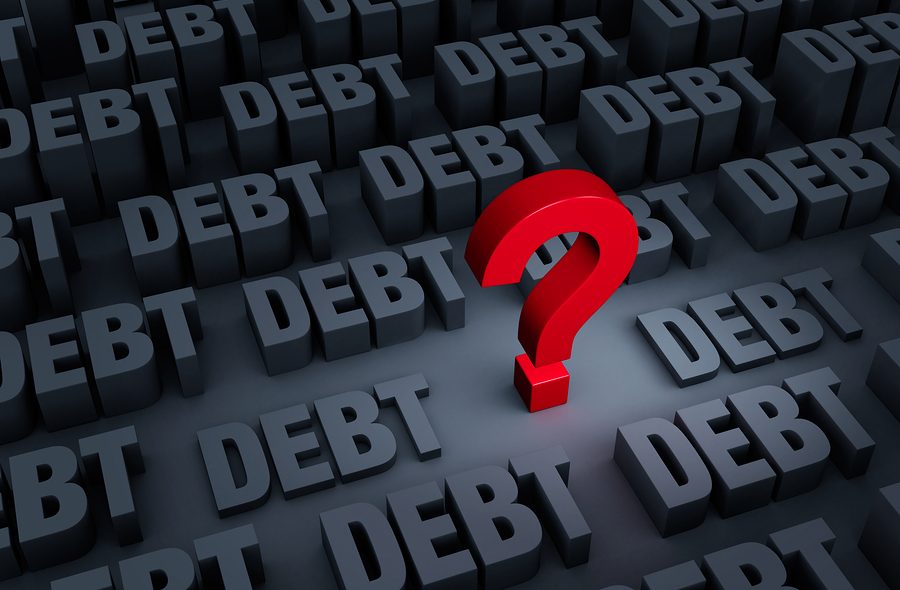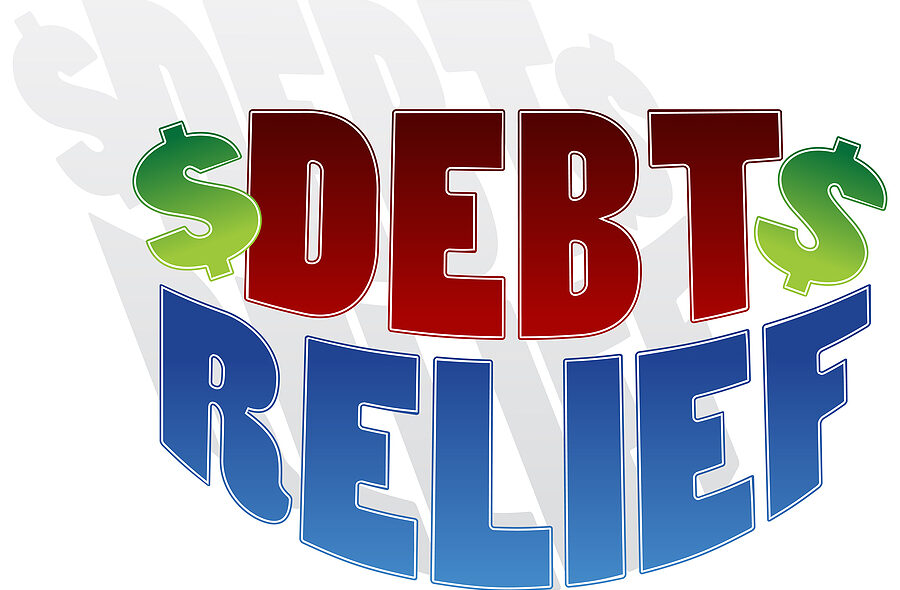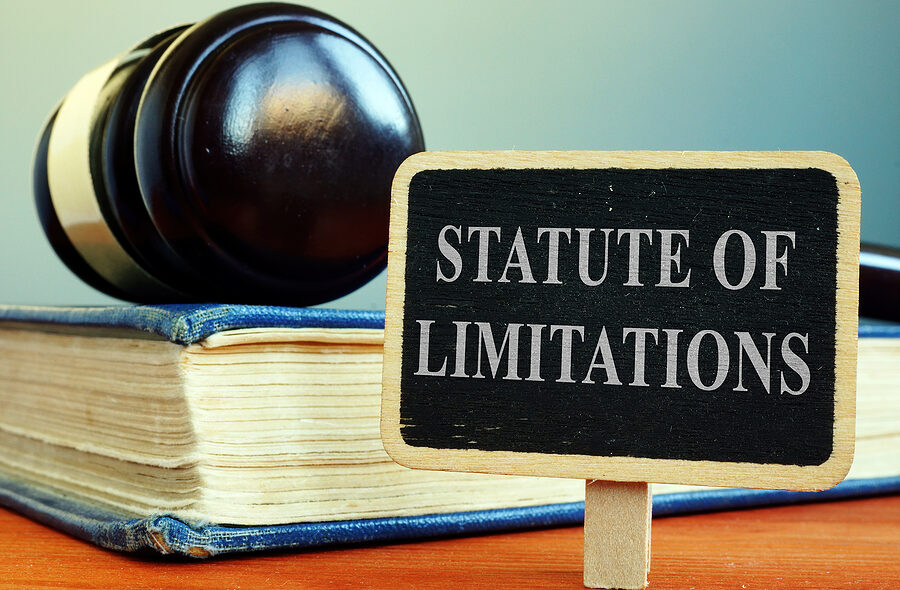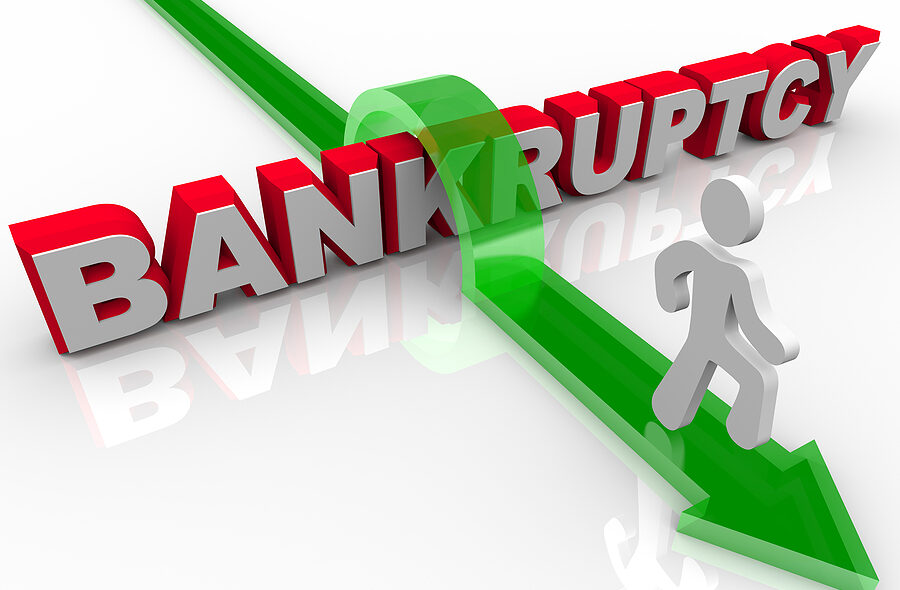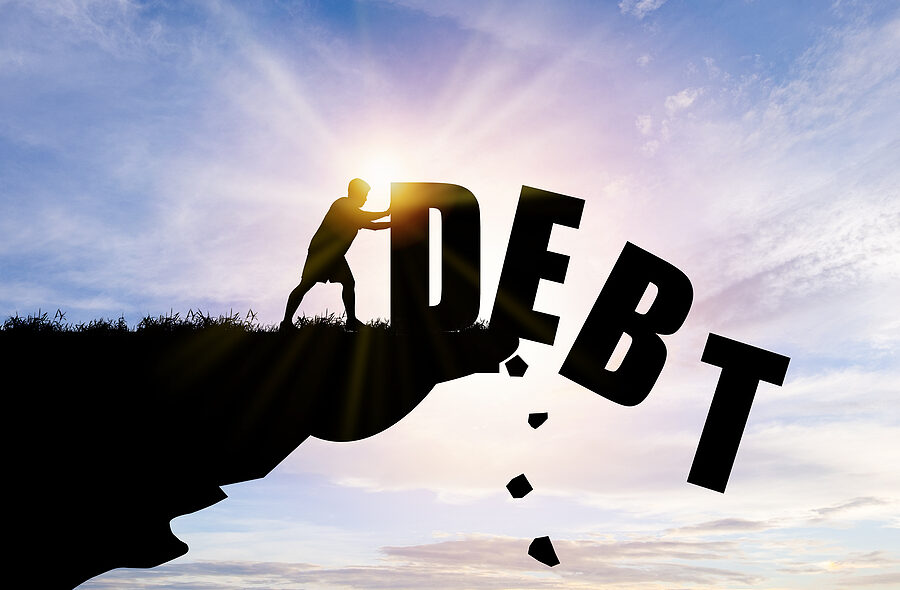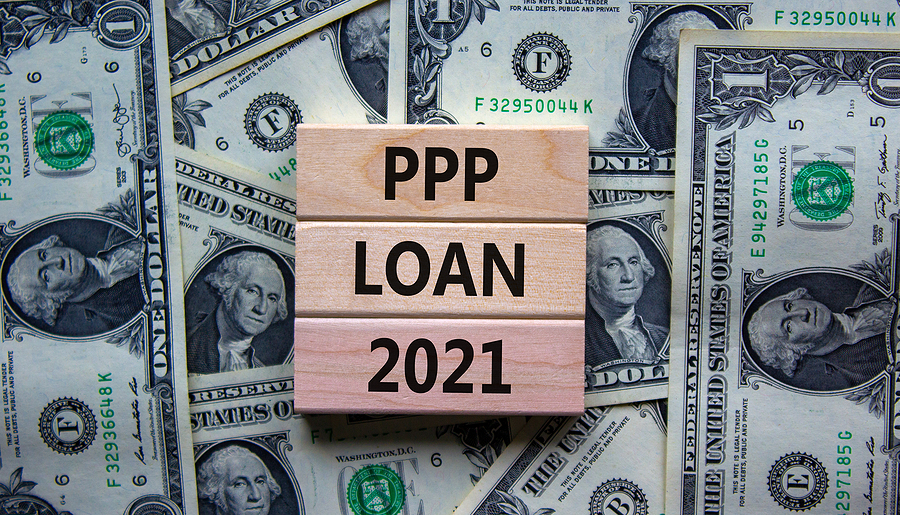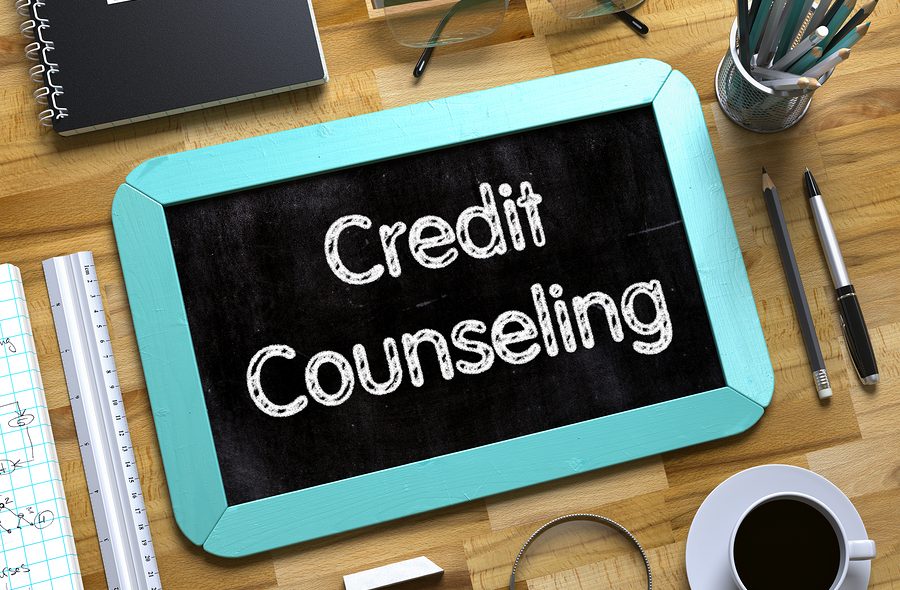Many consumers find themselves still struggling with large amounts of credit card debt. Much of this credit card debt is carried over from previous years. Certain steps can be taken to tackle credit card debt and either pay it off in full or reduce the amount owed to a more reasonable number.
The first step is to push the pause button on spending and inventory the situation. The consumer’s debt cannot be conquered until the spending stops. It is important to review what has been purchased the past few months, determining how much has been spent and what is owed. It also helps to write down what the interest rate is for each card, noting the balance owed and the minimum monthly payment. Taking this first step will allow the consumer to be able to put together a budget and a plan to pay off the debt over time.
Once the consumer has a chance to review his or her debt situation, the next step is to select a strategy to pay down the debt. Two of the most common methods include the snowball method and the avalanche method.
With the snowball method, the consumer arranges his or her credit card balances from smallest to largest balances. The consumer focuses his or her attention on the card with the smallest balance first, paying down as much as possible on that card while continuing to make the minimum monthly payments on the other cards. Once the first card is paid in full, the consumer focuses on the card with the next smallest balance until all cards are paid off in full. The snowball method requires a great deal of patience and discipline, but it can be an effective way to pay down debt. However, this method does involve paying more in interest over time since credit cards with higher balances tend to have higher interest rates.
The avalanche method works similarly to the snowball method, but the consumer focuses on the credit card with the highest interest rate first. This method allows the consumer to get out of debt quicker than the snowball method since it focuses on the larger balances with the higher interest rates first, but it can be hard to stay motivated with this method since seeing the results of the consumer’s efforts can be harder to immediately see.
Another method to pay down credit card debt involves consolidating the debt through a personal loan or balance transfer. Many credit card companies offer balance transfers, allowing the consumer to transfer multiple credit card balances to one card with a zero or low introductory interest rates. It is important that the consumer pay the balance down before that promotional period expires, however. Otherwise, the interest rate can skyrocket at the end of the promotional period, leaving the consumer in a worse position than before. A personal loan can also be used to pay off all the consumer’s credit card balances. This method allows the consumer to focus his or her attention on one, fixed monthly payment over time in lieu of multiple credit card payments.
Please click here to read more.
If you have questions on this topic or are in financial crisis and considering filing for bankruptcy, contact an experienced Miami bankruptcy attorney who can advise you of all of your options. As an experienced CPA as well as a proven bankruptcy lawyer, Timothy Kingcade knows how to help clients take full advantage of the bankruptcy laws to protect their assets and get successful results. Since 1996 Kingcade Garcia McMaken has been helping people from all walks of life build a better tomorrow. Our attorneys’ help thousands of people every year take advantage of their rights under bankruptcy protection to restart, rebuild and recover. The day you hire our firm, we will contact your creditors to stop the harassment. You can also find useful consumer information on the Kingcade Garcia McMaken website at www.miamibankruptcy.com.

